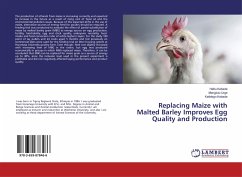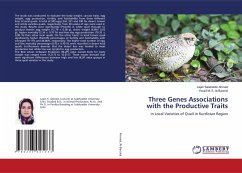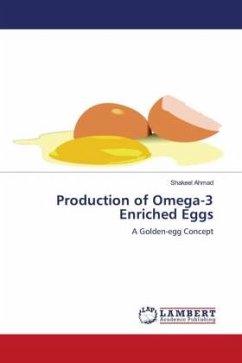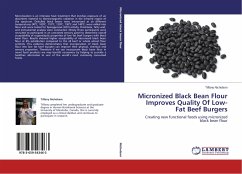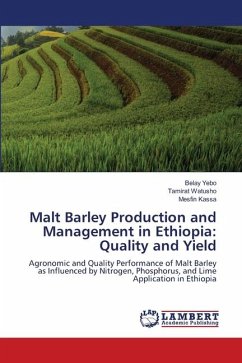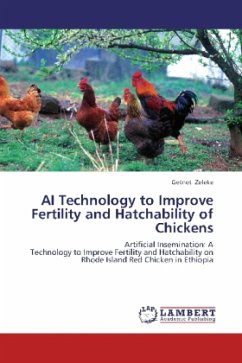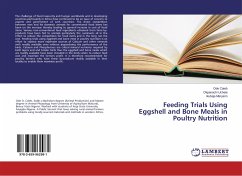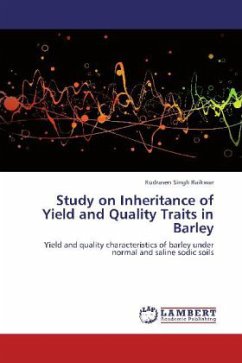The production of ethanol from maize is increasing currently and expected to increase in the future as a result of rising cost of fossil oil and the environmental pollution issues. Because of this expected shifts in the use of maize, alternative sources of energy feed for poultry should be required. A feeding trial was conducted to evaluate the effect of partial substitution of maize by malted barley grain (MBG) as energy source on egg production, fertility, hatchability, egg and chick quality, embryonic mortality, feed intake and feed conversion ratio of white leghorn layers. For the study 180 point of lay pullets and 24 cocks aged 5 months and fed previously on commercial diets were used for the feeding trial on litter housing system at Haramaya University poultry farm. Even though, feed cost slightly increased with increasing level of MBG in the ration, but egg was produced economically in groups in which MBG replaced maize. Therefore, it can be concluded that MBG can be replaced for maize grain as a source of energy up to 30%, since the inclusion level used in the present experiment is profitable and did not negatively affected laying performance and product quality.
Bitte wählen Sie Ihr Anliegen aus.
Rechnungen
Retourenschein anfordern
Bestellstatus
Storno

